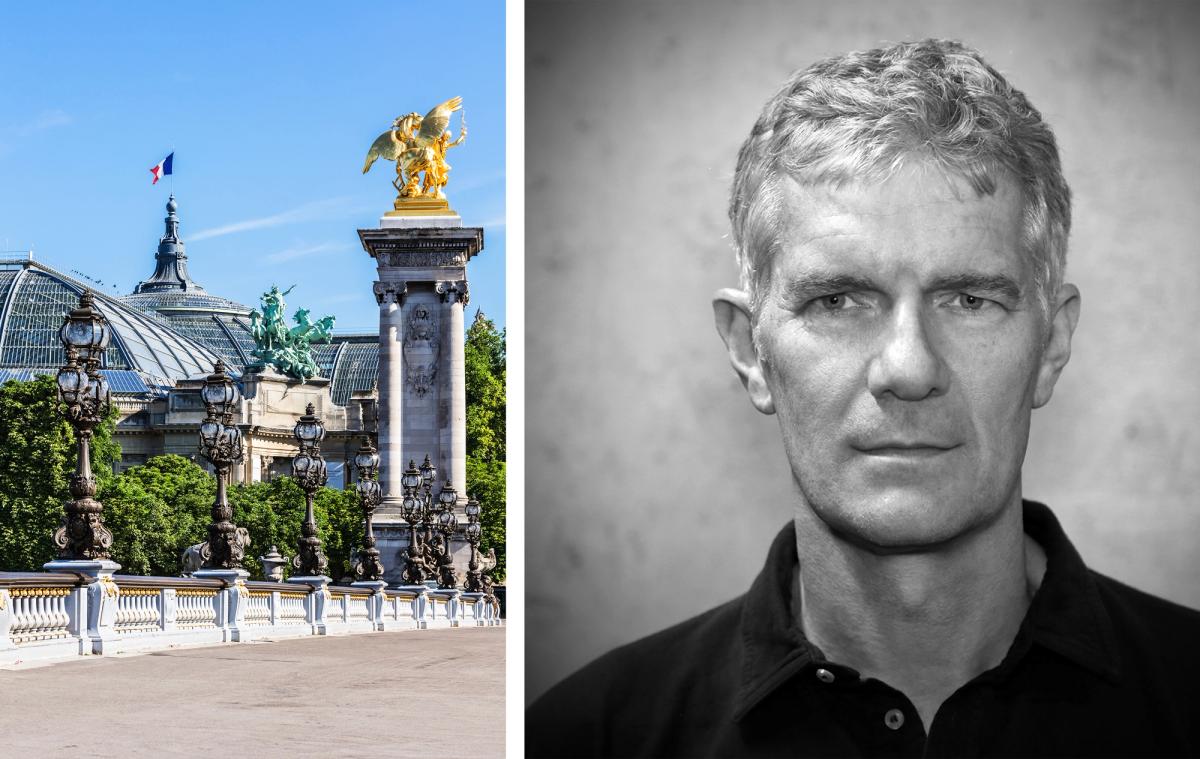Didier Fusillier, a figure behind major arts projects in France, has been appointed president of government cultural body Réunion des musées nationaux-Grand Palais (Rmn-GP), one of the most coveted roles in the the country's culture sector. Rmn-GP runs the Grand Palais, Paris’s most prestigious exhibition and fair venue, and the Musée du Luxembourg in the capital. The state-backed organisation also works with around 20 partner museums such as Musée Magnin in Dijon.
Fusillier replaces the high-profile Belgian art historian Chris Dercon, who stepped down last October for a leadership role at the Fondation Cartier pour l’art Contemporain in Paris. Fusillier has been president of the Park and the Grande Halle de La Villette, a vast arts and culture complex in north-east Paris which houses the Cité des Sciences et de l’Industrie among other institutions, since 2015.
Dercon’s tenure at the Rmn-GP was marked by change and upheaval. He had taken up the post in early 2019 and oversaw the temporary closure of the Grand Palais, which is undergoing extensive restoration. A temporary venue, Le Grand Palais Éphémère, in the Champ de Mars gardens was used to host events usually held at the Grand Palais. Dercon stirred controversy last year with his decision to give the October slot at this site—which would usually have been taken by the Fiac fair—to new blockbuster fair Paris+ par Art Basel.
Le Monde reports that Fusillier will inherit his own fresh set of challenges: notably a deficit at the Rmn-GP of €8m. He will also have to work closely with the Centre Pompidou, which is moving into the Grand Palais from 2025 to 2030, taking up six gallery spaces at the historic site while its main Beaubourg site undergoes refurbishments. He remains confident, however. “Some consider this collaboration as a constraint, but I see it as a very strong advantage,” Fusillier told Le Monde.
“Fusillier will have to oversee the restoration work of the Grand Palais linked to the Olympic and Paralympic Games… and intends to benefit from the partnerships with partner organisations such as Universcience which runs the [adjoining] Palais de la Découverte and the Centre Pompidou, as well as other fairs and exhibition organisers, to broaden the public and attract a younger generation,” says a statement from the French culture ministry.
Fusillier began his career in Maubeuge, a commune in northern France, creating the Les Inexpects and Via festivals; he later took charge of the Manège, a cross-border arts project linking Maubeuge and Mons in Belgium. As director of the Maison des arts de Créteil (MAC), from 1993 to 2015, he also launched the triennial Lille 3000 cultural programme. In 2020 Fusillier’s contract at La Villette was extended for five years by the French government. “Throughout his career, Fusillier has reinvigorated the model of the structures he has directed,” says the ministry statement.


